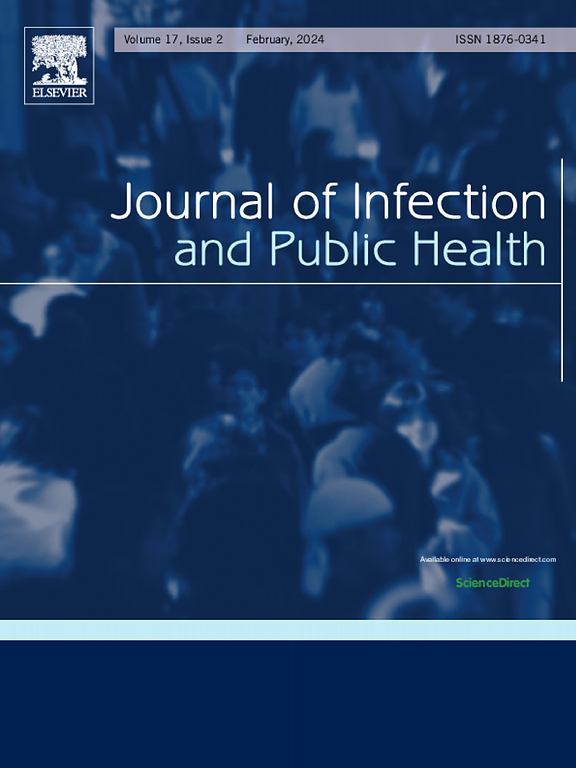当代卫生保健系统中门诊非肠外抗菌药物治疗方案的实施:证据的叙述性回顾
IF 4
3区 医学
Q1 INFECTIOUS DISEASES
引用次数: 0
摘要
门诊肠外抗菌治疗(OPAT)计划已成为全球公认的临床实践,尽管其实施在各个司法管辖区有所不同。本综述探讨了OPAT在当代医疗保健系统中的实施。OPAT服务在医疗保健系统内集中或分散组织,或集成到医院家庭计划中。通常,多学科团队为精心挑选的合适患者实施OPAT计划。OPAT的实施正在扩大到高风险患者群体,例如那些与药物使用有关的感染和绝症中的额外感染。此外,OPAT已发展到支持从肠外治疗过渡到口服治疗,并进行适当的随访和监测。然而,有几个障碍阻碍了服务的可访问性。加强患者与医疗保健提供者之间的沟通、扩大培训、整合远程医疗以及加强结果登记,对于提高门诊治疗中心服务的可及性和有效性至关重要。本文章由计算机程序翻译,如有差异,请以英文原文为准。
Implementation of outpatient parenteral antimicrobial therapy program in the contemporary health care system: A narrative review of the evidence
Outpatient parenteral antimicrobial therapy (OPAT) program has become an established clinical practice globally, though its implementation varies across jurisdictions. This review explores the implementation of OPAT within contemporary healthcare systems. OPAT services are organised centrally or decentrally within healthcare systems or integrated into hospital-at-home programs. Usually, a multidisciplinary team implements OPAT programs for carefully selected suitable patients. The implementation of OPAT is expanding into higher-risk patient populations, such as those with substance use-related infections and superadded infections in terminal illnesses. Additionally, OPAT has evolved to support transitioning from parenteral to oral therapy, with appropriate follow-up and monitoring. However, several barriers hinder the accessibility of the service. Enhancing communication between patients and healthcare providers, expanding training, integrating telemedicine, and strengthening outcome registries are crucial to improving the accessibility and effectiveness of OPAT services.
求助全文
通过发布文献求助,成功后即可免费获取论文全文。
去求助
来源期刊

Journal of Infection and Public Health
PUBLIC, ENVIRONMENTAL & OCCUPATIONAL HEALTH -INFECTIOUS DISEASES
CiteScore
13.10
自引率
1.50%
发文量
203
审稿时长
96 days
期刊介绍:
The Journal of Infection and Public Health, first official journal of the Saudi Arabian Ministry of National Guard Health Affairs, King Saud Bin Abdulaziz University for Health Sciences and the Saudi Association for Public Health, aims to be the foremost scientific, peer-reviewed journal encompassing infection prevention and control, microbiology, infectious diseases, public health and the application of healthcare epidemiology to the evaluation of health outcomes. The point of view of the journal is that infection and public health are closely intertwined and that advances in one area will have positive consequences on the other.
The journal will be useful to all health professionals who are partners in the management of patients with communicable diseases, keeping them up to date. The journal is proud to have an international and diverse editorial board that will assist and facilitate the publication of articles that reflect a global view on infection control and public health, as well as emphasizing our focus on supporting the needs of public health practitioners.
It is our aim to improve healthcare by reducing risk of infection and related adverse outcomes by critical review, selection, and dissemination of new and relevant information in the field of infection control, public health and infectious diseases in all healthcare settings and the community.
 求助内容:
求助内容: 应助结果提醒方式:
应助结果提醒方式:


